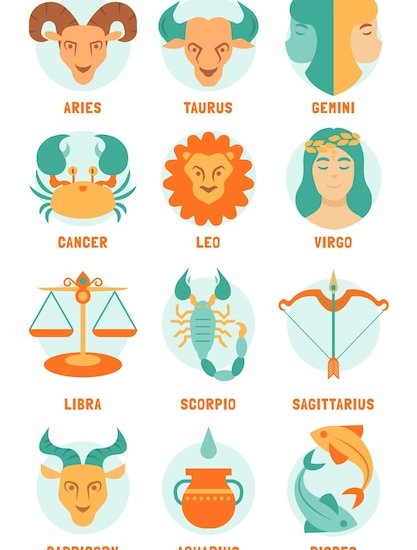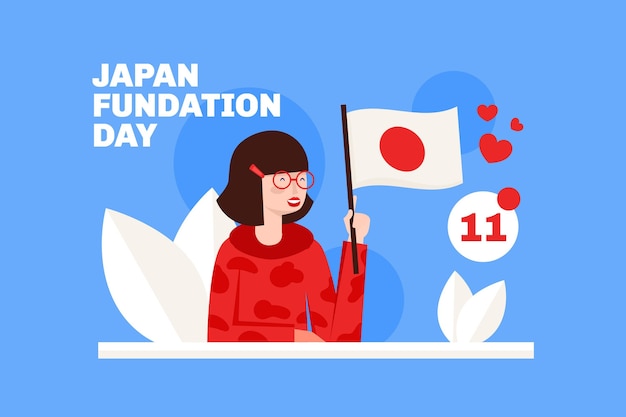Noam Chomsky Quotes
Language is a process of free creation; its laws and principles are fixed, but the manner in which the principles of generation are used is free and infinitely varied.
If we don’t believe in freedom of expression for people we despise, we don’t believe in it at all.
The goal of education is to create autonomous, thinking individuals who can act consciously upon their ideas.
Optimism is a strategy for making a better future. Because unless you believe that the future can be better, you are unlikely to step up and take responsibility for making it so.
Propaganda is to a democracy what the bludgeon is to a totalitarian state.
It is easy to see why diverse and conflicting perspectives are essential ingredients of democracy.
The internet could be a very positive step towards education, organization and participation in a meaningful society.
The principle of free speech is not about the speaker’s right to be heard, but rather the listener’s right to listen.
One of the surest signs of the collision of authoritarianism and technology is the concept of ‘thoughtcrime’.
The state is a monster that we can only hope to minimize and contain, never control or eliminate.
We shouldn’t be looking for heroes, we should be looking for good ideas.
Change is possible, but only if we are willing to challenge the status quo.
Language is not just a way of communicating, it is a way of understanding the world around us.
Noam Chomsky Quotes part 2
Power is always illegitimate, unless it proves itself to be legitimate.
The more you can increase fear of drugs, crime, welfare mothers, immigrants and aliens, the more you control.
The internet has given us the opportunity to share ideas and information in ways that were unimaginable before.
We shouldn’t be afraid to question the status quo, especially when it comes to power and authority.
There are two options: either we create a society where everyone has a chance to succeed, or we continue to perpetuate social and economic inequality.
The concept of ‘justice’ is meaningless if it is only applied to those who are already privileged.
The media play a crucial role in shaping public opinion and perpetuating dominant narratives.
Education is not just about gaining knowledge, it is about learning to think critically and ask important questions.
It is not enough to simply challenge the existing power structures, we must also work to replace them with more just and equitable systems.
The problem is not the existence of power, but rather how it is distributed and used.
We cannot achieve true freedom without challenging the systems of oppression that deny it to so many.
War is fundamentally a failure of diplomacy and dialogue.
Democracy is not just about voting, but also about active participation and engagement in the political process.
The only way to truly understand a system is to try to change it.
Ideas alone are not enough, we must also take action to bring about meaningful change.
Education should not be a privilege reserved for the few, but a right guaranteed to all.
If you want to understand a society, look at who wields power and how they wield it.
We must safeguard the principles of democracy and freedom, even when it is uncomfortable or inconvenient to do so.
The greatest threat to freedom is not from external forces, but from those who seek to undermine it from within.
Language is a tool that can either liberate or oppress, depending on how it is used.
We must resist the temptation to simplify complex issues into sound bites and slogans.
True democracy cannot exist in a society where wealth and power are concentrated in the hands of a few.
We should not be afraid to question authority or challenge the legitimacy of those in power.
Power is not a neutral force, but rather a tool that can be used to oppress or liberate.
The role of the intellectual is not to dictate or impose their views, but to challenge and provoke critical thought.
Education is not just about preparing individuals for the workforce, but also about empowering them to participate fully in society.
If we want to build a more just and equitable world, we must recognize and confront the systems of oppression that perpetuate inequality.
The pursuit of knowledge is a never-ending journey that requires curiosity, open-mindedness, and the willingness to question everything.
Information is power, and those who can control the flow of information can control the narrative.
The power of language lies not in its ability to deceive, but in its potential to inspire and unite.
To be truly free, we must challenge the structures of power and privilege that limit our potential.
We must resist the urge to stay comfortable in our echo chambers and seek out diverse perspectives and experiences.
The power of the people lies in their ability to mobilize and demand change.
We should be wary of those who seek to limit our freedom of speech in the name of security or stability.
Human rights are not negotiable; they cannot be conditional or selectively applied.
The fight for justice and equality is an ongoing struggle that requires persistence and resilience.
We must never forget that the power to change the world lies in our hands.

